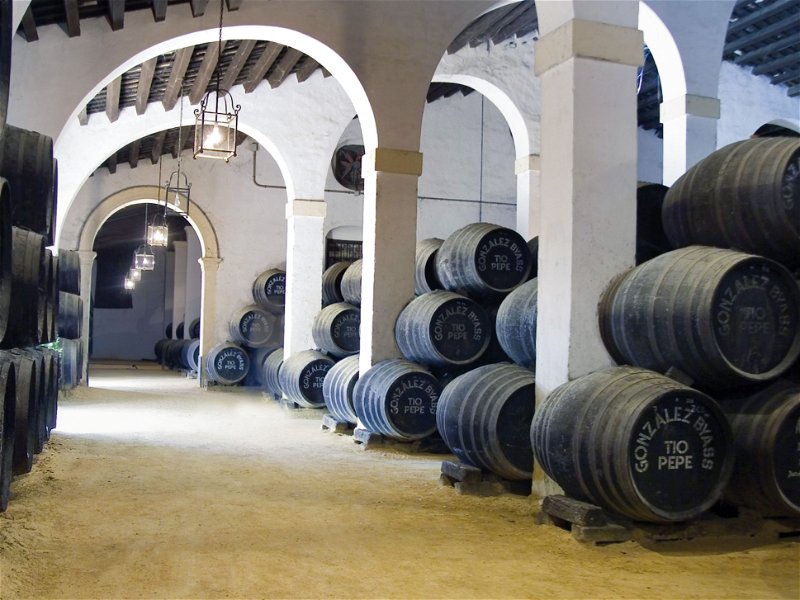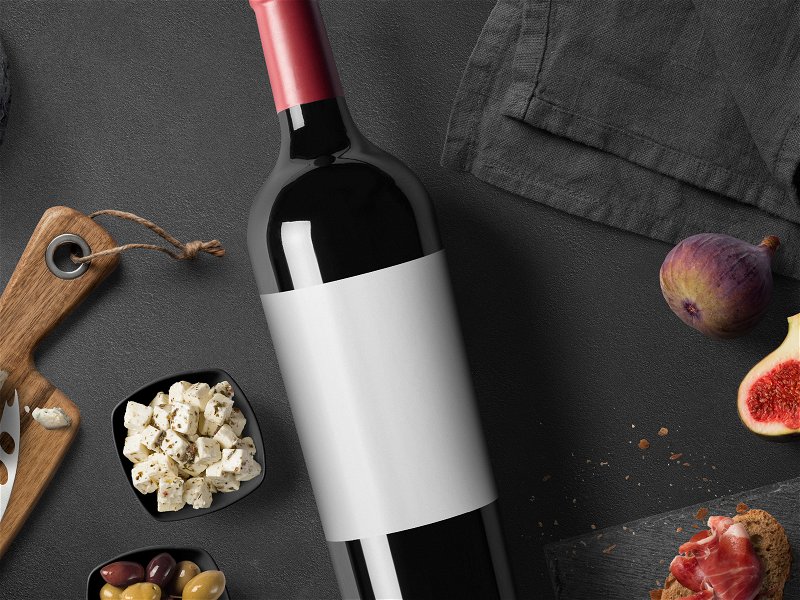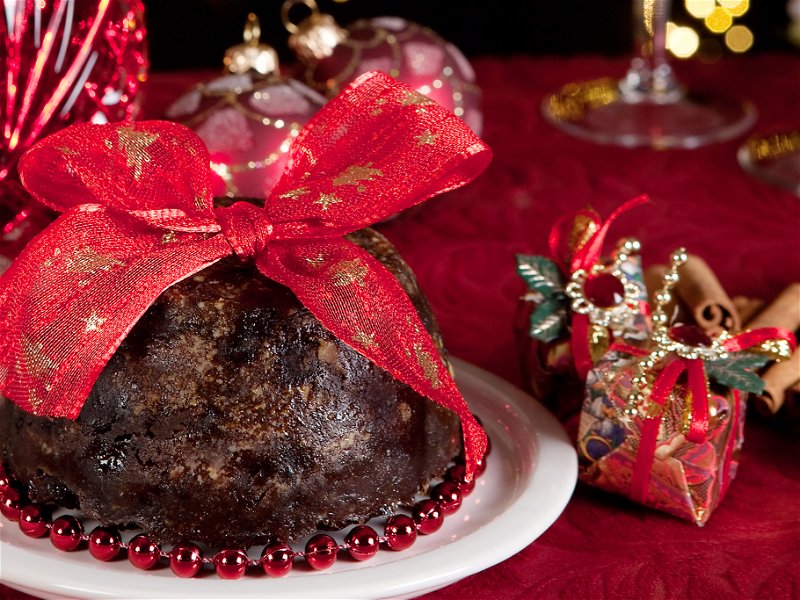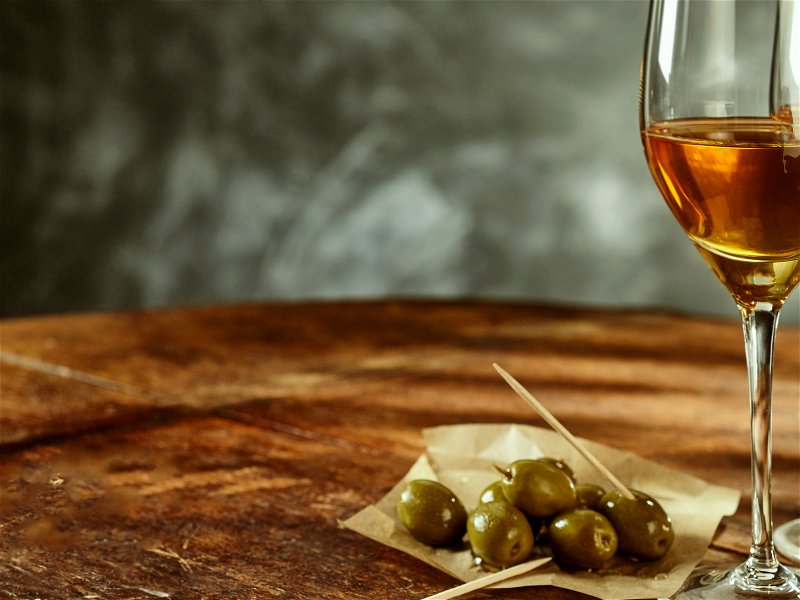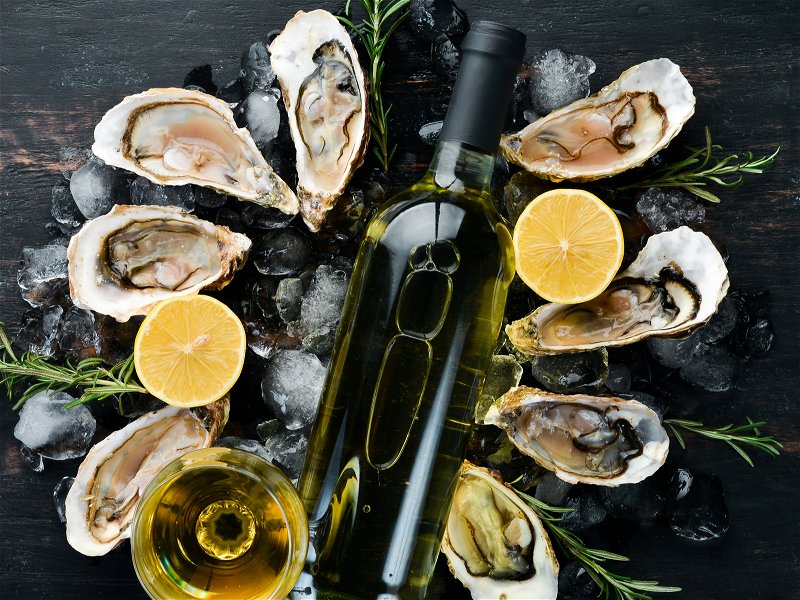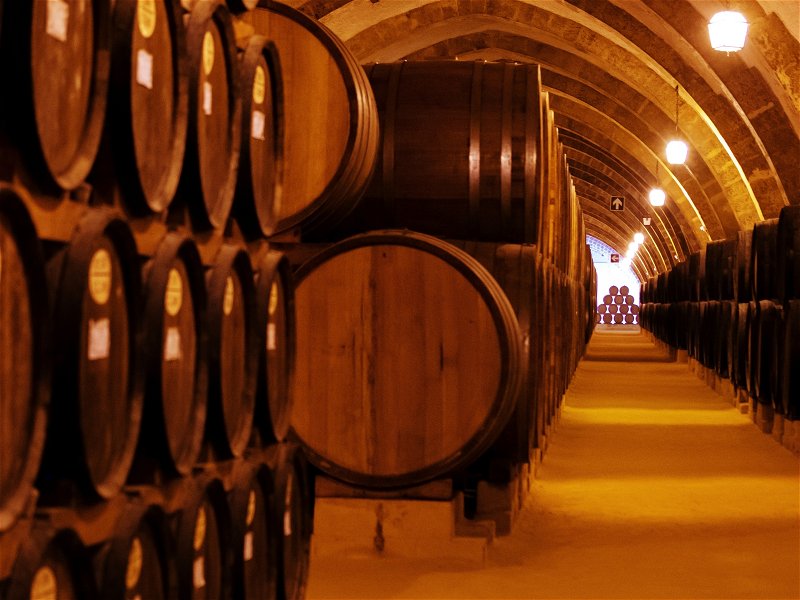Study reveals global warming threat to Spanish sherry industry
Yeast growth necessary to create distinctive tastes could be affected by temperature increase.
The biological ageing processes that produce a variety of different sherries are under serious threat, according to a Spanish study.
The increase in average annual temperatures in sherry-producing regions across Spain is expected to directly impact the yeast formed on the top of the barrels holding the liquid, the growths essential in creating the different tastes associated with sherries produced in different regions.
A study by the Universidad Politécnica de Madrid, UPM, has looked into the effects of climate change on regions including Jerez, where temperatures could rise by as much as 4C in the summers of particularly hot years. The effect would be to jeopardise the production processes in the ‘cathedral’ sherry houses, designed to produce the desired temperature and humidity needed to grow the yeast ‘flor’.
Speaking of the increase in temperatures, Professor Fernando Ruiz, one of the report’s authors, said: “As a result, the temperature in the ripening room will exceed the limits of thermal comfort for the activity of micro-organisms.” The sherries age under the layer of yeast flor, giving them their unique flavours – the yeast acts as a barrier to the oxidising effects of air, ensuring the process is biological.
The researchers at UPM are looking into how to develop new sherry houses able to absorb the temperature rises, constructions that would involve innovations in heating, ventilation and air conditioning. However, that would put a question mark over the future of the sherry houses, the ‘Bodegas Catedral’, many over 100 years old and crucial to wine tourism in regions like Jerez.


